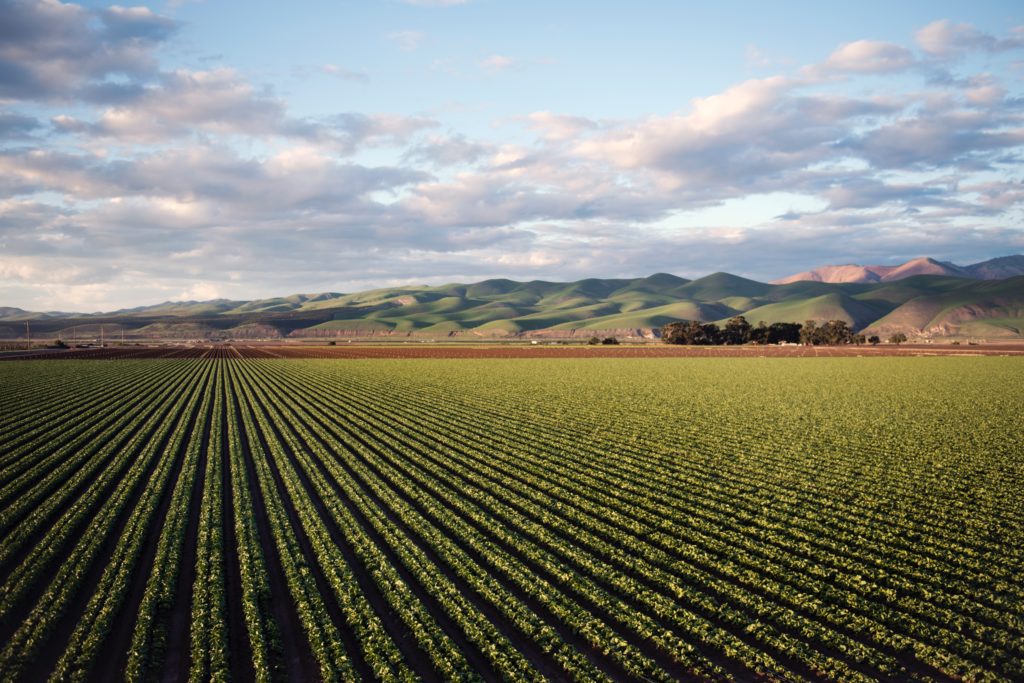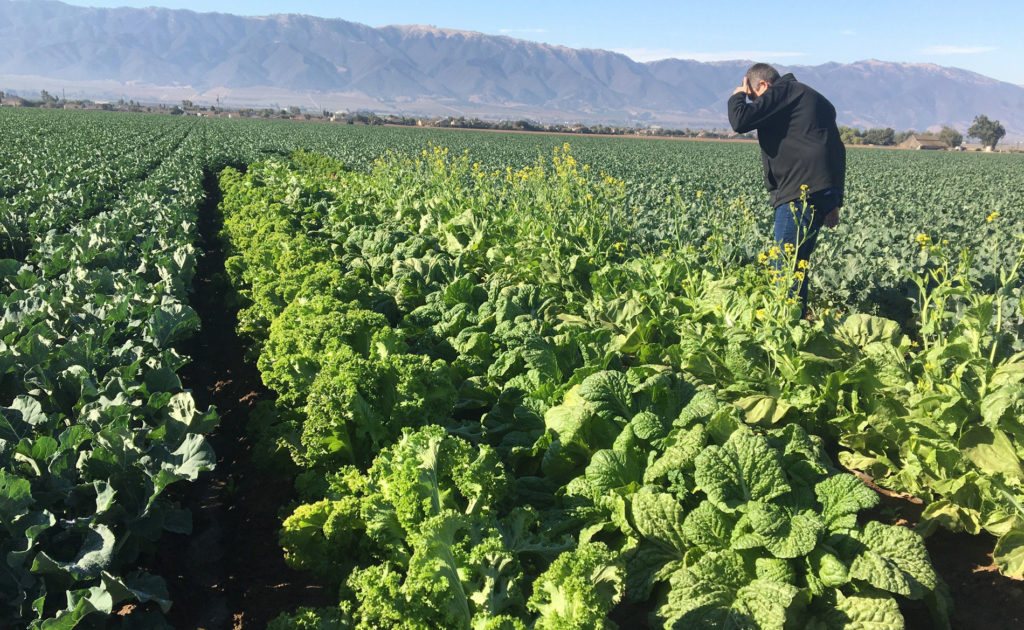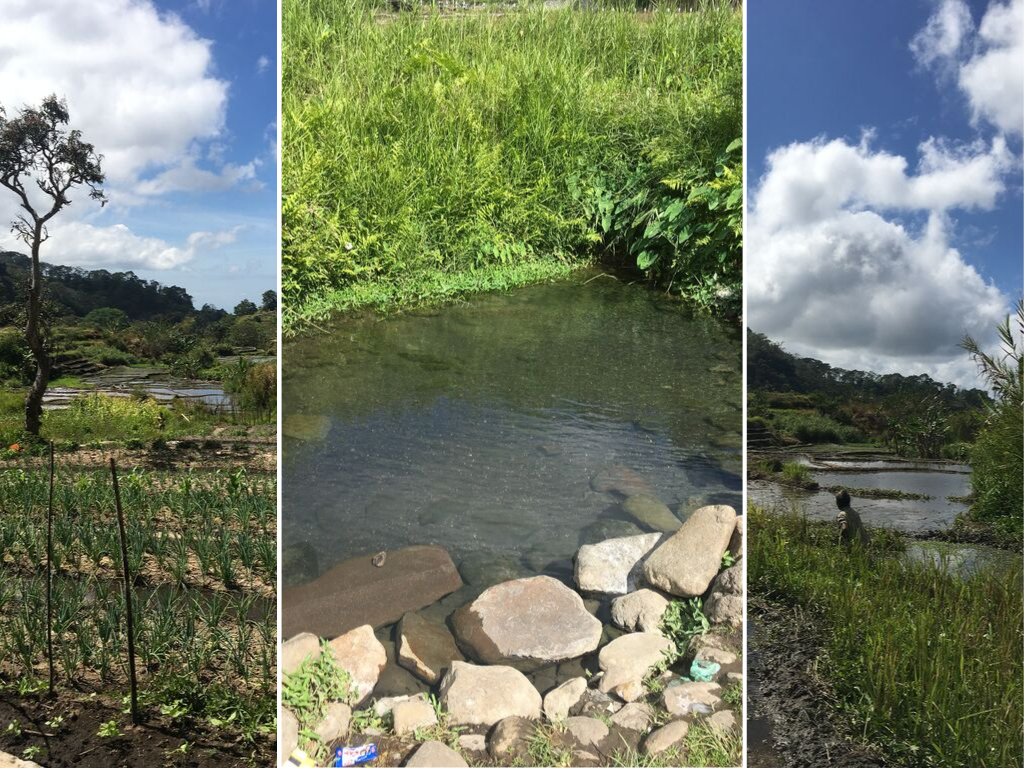4 Mins Read
Smita J asks some tough questions.
The activist questions our global food systems and their reliance on Big Food’s over-processed, industrially farmed commodities, shares her learnings from a visit to a sustainable farming community in Indonesia and insists we can do better and create equitable, nourishing, useful food systems in our own urban communities.
The Domination of Processed Foods
I really want to know: where do people think their food comes from? As in, what is the source of the food we eat? We have such a massive disconnect with our global food system.
Do we ever question why the “fresh” produce & meat sections take up on average 20% (or less if you are in a food desert) of supermarket shelves, while the rest is all packaged & processed food? Rows and rows of chemical experiments of vast commodity monocultures like sugar, wheat, rice, soy, palm oil, corn & all their industrially-derived ingredients. Biscuits, instant cake mixes, frozen meals, processed fruit juices & flavoured dairy, candy, potato chips, corn snacks, bottled sauces…and on and on.
Processed foods that are manufactured & controlled by a handful of food conglomerates who are only keen on profits, even though they profess that their rallying cry is “we feed the world.” Foods made from commoditised green desert farms of monocultures: with inputs of forced labour, intensive pesticide & fertiliser use; causing ecological dead zones from toxic agricultural runoff to poisoning groundwater systems (Google ‘dead zone in the Gulf of Mexico’) to massive biodiversity loss through land clearing (hello Amazon). This goes for mass fruit & vegetable plantations as well as factory-farmed meat too- especially when those are made into further derivatives. The question remains: why is there so much processed food?! And in such large-scale quantities?

The reality is that we can’t expect solutions from the same companies for whom this is business as usual and who propagated these systems in the first place. We are asking companies to do better when really we should be asking them to close shop & we take back our food autonomy. Because as long as profit margins are the main drivers, sustainability in our food systems & food justice will remain a fantasy.
Status Quo: Overproduction & Excessive Waste
We must start massively cutting down on consuming processed & packaged food, and we must boycott unsustainable junk/fast food. How do we encourage this within our immediate circle of influence? These systems are already disproportionately overproducing and worse, all the unsustainably grown foods are then wasted to shocking degrees…Just look up any dumpster diving food waste social media account and get ready to be shocked by the sheer volume of wasted food, including packaged! Let’s try to step out of the food monopoly complex controlled by a few big profit-driven companies and take back our food autonomy.
What Does Sustainable Agriculture Actually Look Like?
I just spent a week travelling through Flores, an island in Indonesia’s Nusa Tenggara regency with a high concentration of active volcanoes that gives its land super fertile soil. We drove by several areas of farming villages with mixed & integrated cropping: rice, coffee, cacao for larger regional markets and vegetables for local populations. Also prevalent are ruminants livestock of cows & goats, who feed on the grasses & shrubs in between crops, trees & forested areas. Livestock is part of the local diet too- not consumed everyday, but at small levels when the livestock population grows.

The village of Moni is like a textbook example of sustainable farming. The farmlands and waterways are so clean, the rivers are healthy and there is a even a hot spring pool in the middle of the farmland you can dive into.
Food Justice Utopia
Here’s what I observed about Moni’s agricultural system:
- Rich volcanic soil
- Conjoined small farming plots, each managed by one household
- Mixed cropping of rice fields, vegetables, bananas to ensure biological pest control & nutrients to soil
- Field irrigation through natural waterways
- Livestock of cows and goats feeding off uncultivated natural areas & in between planted areas to stimulate grass growth for below ground carbon sequestration, fertilised with their manure
- Women smallholders tending to the fields.
- Community helping each other out with labour and food stock
- Cooperatives that set uniform prices to sell commodities – we saw this in the town of Bajawa & its surrounding, where farmers cultivate cacao & coffee, as well as vegetables for local markets.
Reclaiming Our Food Autonomy
This is the model of sustainable local eating, equity & equality we should aim for. So how do we do this? How can we bring such a system and adapt it to our respective (more urban) communities? It IS possible.
Community gardens, fruit trees in our neighbourhoods, urban rearing with small livestock like chickens (great biological pest control for cabbage moth larvae!), sharing & caring with our neighbours and extending our harvests to those less fortunate than us, enabling inclusion in our community.
Can we create a village community system within our living communities. Can we liberate ourselves from the existing status quo? Can we put an end to the destructive industrialised food system that control us? I say YES. Food justice FTW.
Lead image courtesy of Smita J photos of Moni village on Flores island, Indonesia, design by Green Queen.




